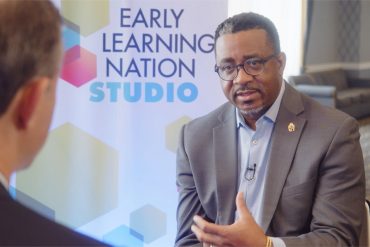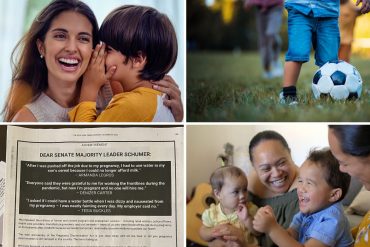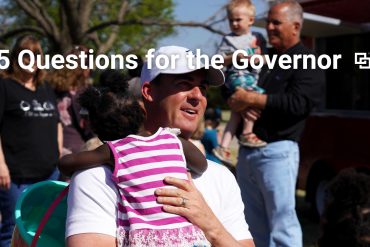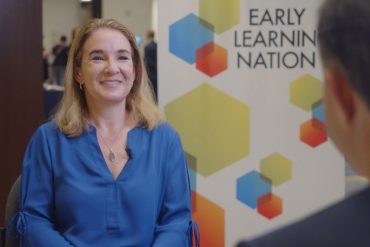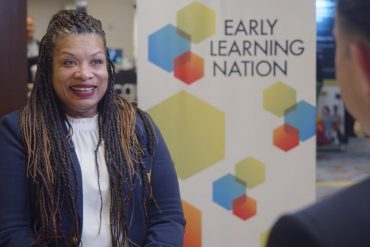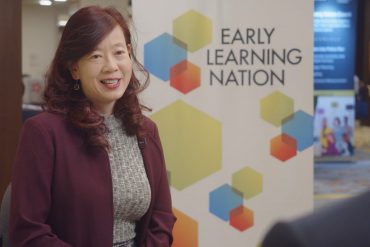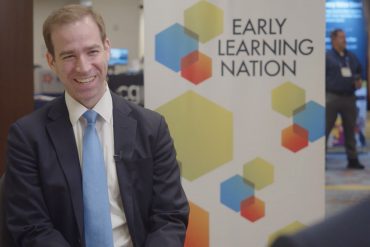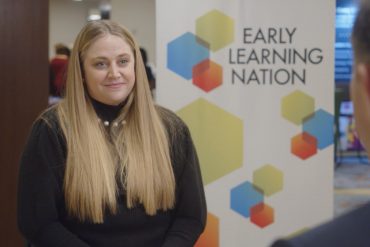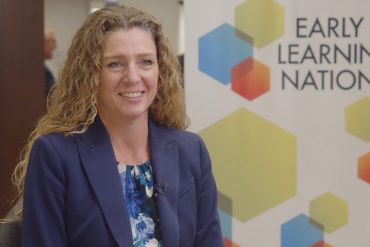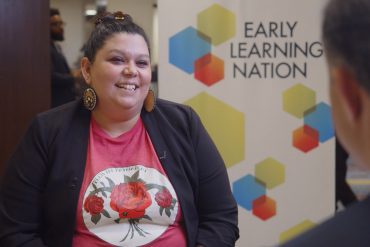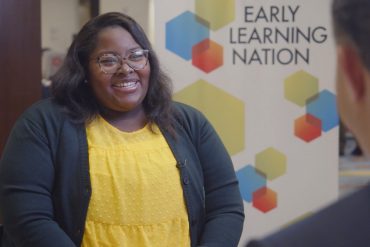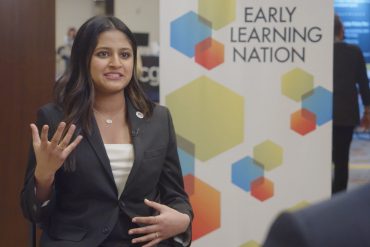The Schott Foundation gathered grassroots organizations from across the country for the Opportunity to Learn Federal Policy Commission. On the eve of their recommendations becoming public, the Commission’s Director, Michael S. Wotorson, discusses why they came together and how their ideas will influence school board actions, local municipal leadership and state policy.
[molongui_author_box layout=slim box_background=#e6e6e6 profile_layout=layout-3 show_headline=no]
Our favorite snippets from the week at Early Learning Nation magazine: Time to Include Non-English Speakers in Pediatric Research. “Addressing...
The State of Oklahoma is on a mission to become a Top Ten state for all Oklahomans. When we presented this concept on the campaign trail in 2018, there was deep support around this opportunity. We know that we must focus on our children and families for us to reach this goal.
One way to improve education: communication. For Pinecrest (FL) Vice Mayor Katie Abbott, that means not only regularly connecting with the school board, but also with students. Abbott co-coordinates the Pinecrest Youth Advisory Council, a group of 24 students in grades 8-12 across public and private schools who engage in government, volunteering and education, tackling issues from the environment to preparing for college.
One of the Kelly Allen Grey’s first actions as a Fort Worth (TX) City Councilmember was to secure a children’s library for her district. That success was just one part of her journey to help drive racial equity in education, starting with early learning. As Grey says: “It takes all of us, even in our uncomfortableness in talking about race and equity, to make sure that we're doing the right thing.”
As Fremont (CA) Mayor Lily Mei notes, for four of the past five years, Fremont has been listed as the happiest city in the U.S. The city also boasts incredible diversity, drawing families across multiple backgrounds and a range of languages. One area where that diversity pays off is in education. With some 35,000 kids and 42 schools, Fremont has focused on building new early learning centers, high-ranking schools and equitable access, including with special-needs pre-K programs.
For years, Hartford (CT) has been recognized as a leading city in early childhood learning. As Mayor Luke Bronin describes, the results come from a committed community, dedicated civic resources, including a Department of Families, Children, Youth and Recreation, with a division specifically focused on early child development – and the willingness to accelerate good ideas no matter where they come from. It starts, he says, by “working closely with families.”
PRE4CLE is Cleveland's approach to expanding high quality preschool access across the city. The program began in 2014 and connected the community, county, school district, teachers, local philanthropy and of course, local government. Now they’re launching So Cleveland Early Learning Spaces, a focused effort to improve facilities in order to improve the learning environment. As Michelle Connavino, PRE4CLE’s Director of Communication & Special Initiatives, explains: It’s all part of Cleveland’s goal to ensure greater access for all three and four year olds throughout the city.
For a community looking to address various social challenges, Vallejo, CA is starting with early childhood learning. As City Councilmember Pippin Dew says, programs such as the new First 5 Center not only help set children for future education success, but also helps families be the most productive they can be.
April Fournier is not just a Portland (ME) Councilmember, she’s also an early childhood support specialist within an outpatient pediatric clinic. After the child’s medical health visit, Fournier checks in with the parents to provide support on the “social determinants of health”: housing, food and other areas critical to a child’s development.
As an NLC Youth Representative, North Carolina High School junior Ramie Mack has the opportunity to talk with adults, including mayors and city councilmembers. And as she advocates for learning, Ramie wants those leaders to understand that youth face challenges, too. That’s just one reason she advocates for making sure students are part of the conversation when learning is being discussed.
For many high school students across the country, the pandemic resulted in Zoom classes, missed milestones and an increase in mental health concerns. As a member of the Austin Youth Council—as well as NLC’s Council on Youth, Education and Families— Ann Vadakkan advocates not just for youth empowerment, but also for youth mental wellness, raising awareness to help reduce any stigma.


